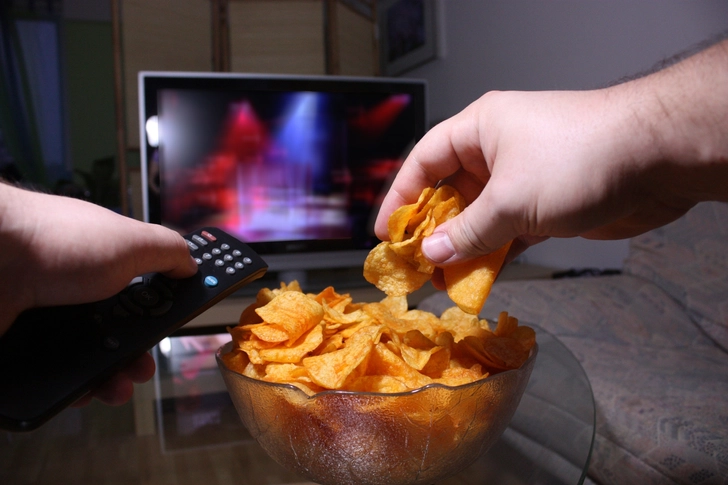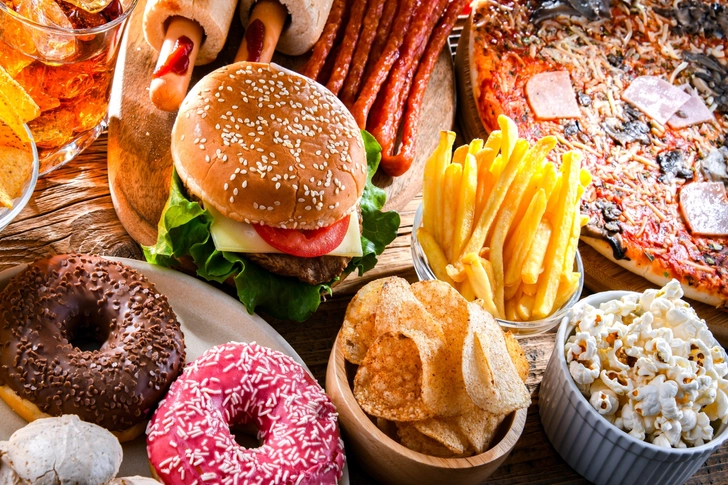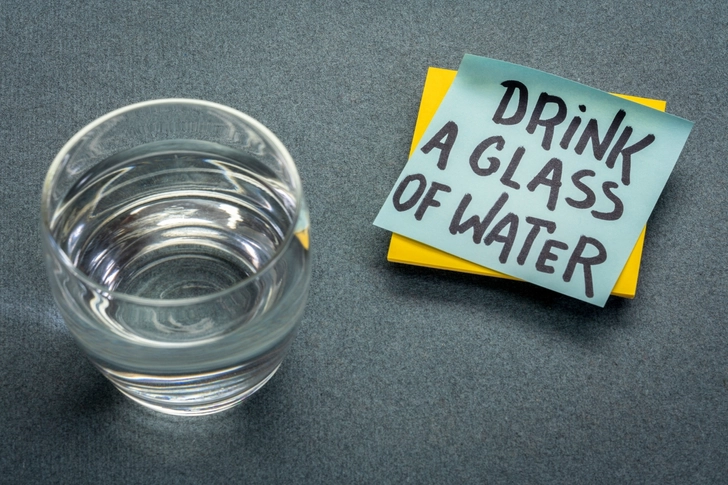Ozempic: Why You May Not Lose Weight


Ozempic and Weight Loss
Weight loss drugs like Ozempic and Wegovy have been making waves in the health and wellness world, with some users reporting extreme weight loss results. But not everyone experiences the same success. According to experts, at least 10% to 15% of patients who start these medications don’t see any weight loss. Why does the scale stall?

Genetics
Genetics plays a significant role in our bodies' response to medication, including semaglutide, the generic name for Ozempic and Wegovy. As obesity is a complex disease, it's possible that some people may not see results with this medication due to their genetic makeup. This is why it's important to work closely with a health care provider to find the right treatment plan for you.

Activity Level
Being sedentary for most of the day, whether at a desk job or watching TV, can make it harder to lose and maintain your weight. When you sit for prolonged periods, your body loses the ability to recognize when you've eaten too much, making it easier to overeat. It's important to incorporate movement and exercise throughout the day to combat the negative effects of a sedentary lifestyle.

Food Rewards
Exercise is important for weight loss because it helps build muscle mass and burn calories. However, rewarding yourself with high-calorie foods and drinks after a workout can undo your hard work. It's important to be mindful of your post-workout choices and opt for healthier options.

Meal Timing
Spacing out meals too much can slow down your metabolism, making it harder for your body to burn calories before your next meal. This can lead to overeating and weight gain. Instead, try eating smaller meals more frequently to keep your metabolism revved up.

Too Much Takeout
Eating out can make it harder to control your weight, as restaurant meals often contain more calories than expected. Even so-called "light" options can be deceiving. It's important to be mindful of portion sizes and choose healthier options when dining out.

Sleep
Getting enough sleep is important for overall health, but did you know that too much or too little sleep can also impact weight gain? Both can disrupt your body's hormone levels, leading to increased appetite and hunger. Additionally, not getting enough rest can lead to skipping workouts, further hindering weight loss efforts.

Water Intake
Drinking enough water may seem like a no-brainer for weight loss, but it can often be overlooked. Water has zero calories and can help satisfy thirst without adding weight. Plus, when you're properly hydrated, you're less likely to reach for sugary drinks, which can contribute to weight gain.

Alcohol
Alcohol can also contribute to weight gain, as it contains calories that can add up quickly. Moderation is key when it comes to drinking alcohol, and opting for lighter options can help keep your calorie intake in check.

Bottom Line: There’s No Miracle Drug
While Ozempic and other GLP-1 medications can be effective tools for weight loss, they are not a one-size-fits-all solution. Factors such as genetics, lifestyle, and overall health play a significant role in the medication's effectiveness. It's important to work closely with a health care provider to find the right treatment plan and make necessary changes for long-term success.
Photo Credits:
Slide 1: Brian Chase/Shutterstock
Slide 2: Moment/Getty Images
Slide 3: E+/Getty Images
Slide 4:E+/Getty Images
Slide 5:Moment/Getty Images
Slide 6:iStock/Getty Images Plus
Slide 7: New Africa/Shutterstock
Slide 8: iStock/Getty Images Plus
Slide 9: iStock/Getty Images Plus
Slide 10: E+/Getty Images
Marilyn Galindo, MD, owner, Leon Springs Primary Care and Obesity Medicine.
Sarah Palmer, certified physician assistant; owner, Living Free Weight Loss Clinic.
Mayo Clinic.org.
Piedmont Healthcare: “What happens to the body when you skip meals.”
Cleveland Clinic: “4 Worst Habits That Wreck Your Weight Loss Plan.”
Jacobs, D. American Journal of Clinical Nutrition, February 2006.
Wannamethee, S. and Shaper, A. American Journal of Clinical Nutrition, May 2003.
Sayon-Orea, C. Nutrition Reviews, October 2014.
Cornell University Food & Brand Lab.
University of Nevada, Reno: “Drink More Water!”
Academy of Nutrition and Dietetics: “3 Basic Tips to Avoid Weight Gain with a New Exercise Regimen.”
National Heart, Lung and Blood Institute: “What Causes Overweight and Obesity?”